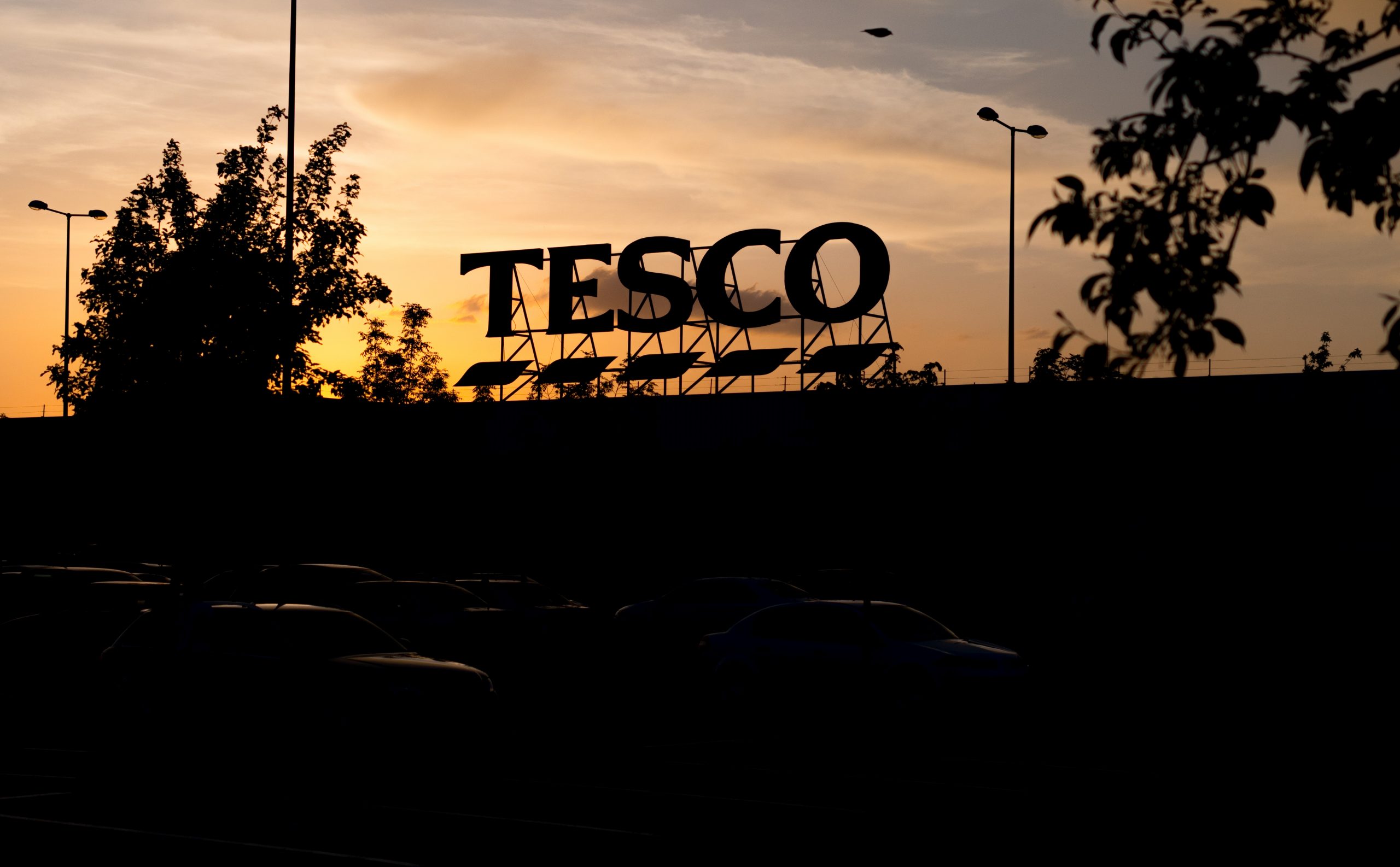
The Good, the Bad & the Ugly: 100 cases every policyholder needs to know. #12 (The Ugly). Tesco Stores Ltd v Constable & Ors
Welcome to the latest in the series of blogs from Fenchurch Law: 100 cases every policyholder needs to know. An opinionated and practical guide to the most important insurance decisions relating to the London / English insurance markets, all looked at from a pro-policyholder perspective.
Some cases are correctly decided and positive for policyholders. We celebrate those cases as The Good.
Some cases are, in our view, bad for policyholders, wrongly decided, and in need of being overturned. We highlight those decisions as The Bad.
Other cases are bad for policyholders but seem (even to our policyholder-tinted eyes) to be correctly decided. Those cases can trip up even the most honest policyholder with the most genuine claim. We put the hazard lights on those cases as The Ugly.
At Fenchurch Law we love the insurance market. But we love policyholders just a little bit more.
#12 (The Ugly)
Tesco Stores Ltd v Constable & Ors [2008] EWCA Civ 362
The case considered the scope of the cover provided by a “contractual liability” extension in a third party liability (“TPL”) policy (“the Policy”).
The claim by Tesco against its TPL insurers arose out of the collapse of a railway tunnel which had been built for Tesco in order to accommodate the construction of a new supermarket on top. The railway line was owned by Network Rail, but the trains were operated by Chiltern Railways (“Chiltern”). Luckily no one was injured by the collapse, but the track owned by Network Rail was damaged. No property owned by Chiltern was damaged, but as a result of the damage to the track it suffered a significant loss of profits due to the interruption of its services.
Tesco had entered into a Deed of Covenant (the “Deed”) with Chiltern, under which Tesco agreed to indemnity Chiltern for losses caused by the construction work for the new supermarket, including loss of profits. Following the collapse Chiltern made a substantial claim against Tesco under the Deed for its lost profits. Tesco, in turn, sought indemnity for its liability to Chiltern under its TPL policy.
Ordinarily, TPL policies cover policyholders for claims in tort by third parties, and are triggered by damage to or interference with property, or by bodily injury. TPL policies don’t ordinarily cover contractual claims, or claims for pure economic loss. The insuring clause in the Policy was in standard terms, and provided that:
“The insurer will indemnify [Tesco] against all sums for which [Tesco] shall be liable at law for damages in respect of:
- Death of or bodily injury to or illness or disease of any person;
- loss of damage to material property;
- obstruction, loss of amenities, trespass, nuisance or any like cause.”
However, the Policy also contained the following extension, headed “Contractual Liability”, which said that the Policy would cover “liability under a contract or agreement…which would not have attached in the absence of such contract” (“the Extension”).
On its face the Extension appeared to significantly increase the scope of the cover provided by the Policy. As Chiltern’s claim against Tesco was a contractual claim which wouldn’t have attached in the absence of the Deed, Tesco (not entirely unreasonably) assumed the Extension meant that the Policy would cover Tesco’s liability to Chiltern. Tesco’s TPL insurers disagreed, and the point was ultimately determined by the Court of Appeal.
The Court of Appeal made clear that the Extension was not a separate insuring clause, and that in order for the Extension to apply it was necessary for Tesco to demonstrate that the claim for which it sought indemnity fell within the insuring clause of the Policy in the first place. Whilst the Court of Appeal was satisfied that the phrase “liable at law for damages” in the insuring clause was sufficiently wide to encompass contractual claims, unfortunately for Tesco the Court took the view that the remainder of the insuring clause made clear that the Policy was intended to respond only to the types of liability that would ordinarily be covered by a TPL policy because: (i) each of the types of loss referred to in the sub-paragraphs of the insuring clause would all give rise to ordinary tort claims; and (ii) the causation phrase “in respect of” meant “for”, rather than something looser such as “in connection with” so that the loss covered by the Policy had to have been directly caused by one of those standard tort types of loss, and not just be more loosely connected to it.
It was not, therefore, sufficient that Chiltern’s loss of profits was related to damage to someone else (Network Rail)’s property. The Court of Appeal decided that the Extension did no more than provide cover for contractual liabilities which were co-extensive with Tesco’s tortious liabilities. As Tesco had no tortious liability to third parties (such as Chiltern) for loss of profits, the Policy therefore didn’t respond.
We can’t criticise the reasoning of the Court of Appeal in Tesco, and we don’t suggest that the case was wrongly decided. However, the decision is problematic for policyholders for two reasons. Firstly, from a policyholder’s point of view the Extension doesn’t “do what it says on the tin”, and it would not be obvious to a policyholder that a contractual liability extension needs to be read carefully alongside a different clause in the policy altogether in order for its meaning to be understood. Secondly, when combined with standard TPL insuring clauses, contractual liability extensions don’t actually provide much additional benefit, so that the apparent benefit is in reality something of an illusion.
However, the Court of Appeal’s reasoning does point to two potential “fixes” to the problem, from the policyholder’s perspective, in both cases by amending the insuring clause. The first fix is to include in the list of the types of loss covered by the Policy something other than losses that would result from ordinary tort claims. That may seem too radical an approach for a TPL policy (although wordings do exist which take approach), and so an approach that may be easier for policyholders to achieve would be to replace the phrase “in respect of” in the insuring clause with something something looser, like “in connection with”, or “in any way related to”. That would allow TPL policies to give full effect to contractual liability extensions, so that they cover contractual liabilities which are connected to property damage (and so not entirely unrelated to what a TPL policy is intended to do), but which aren’t directly caused by property damage. Had Tesco’s policy been drafted in that way, the contractual liability extension would then have covered Tesco’s liability for Chiltern’s loss of profits claim.
Authors
Rob Goodship, Senior Associate
Toby Nabarro, Associate



